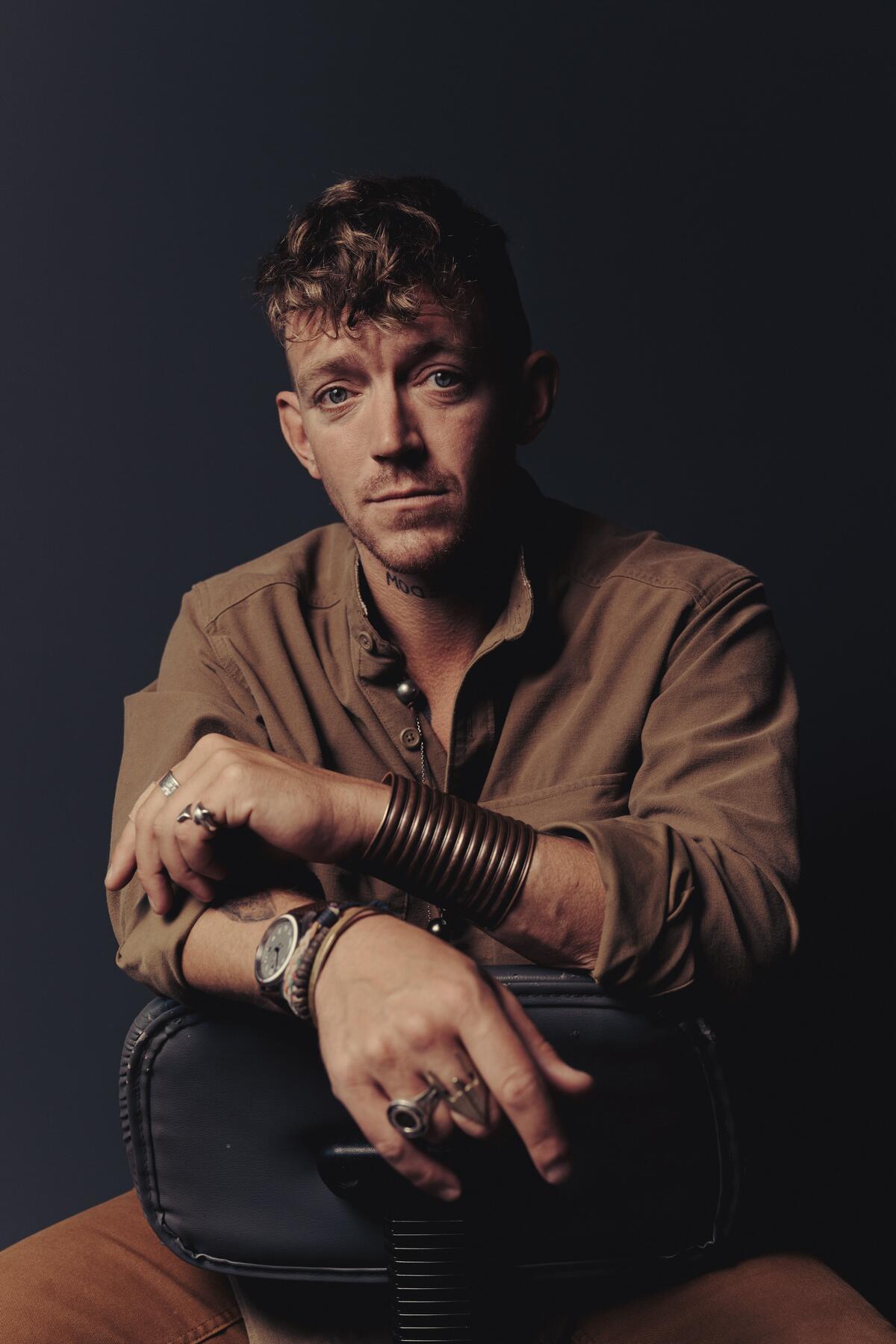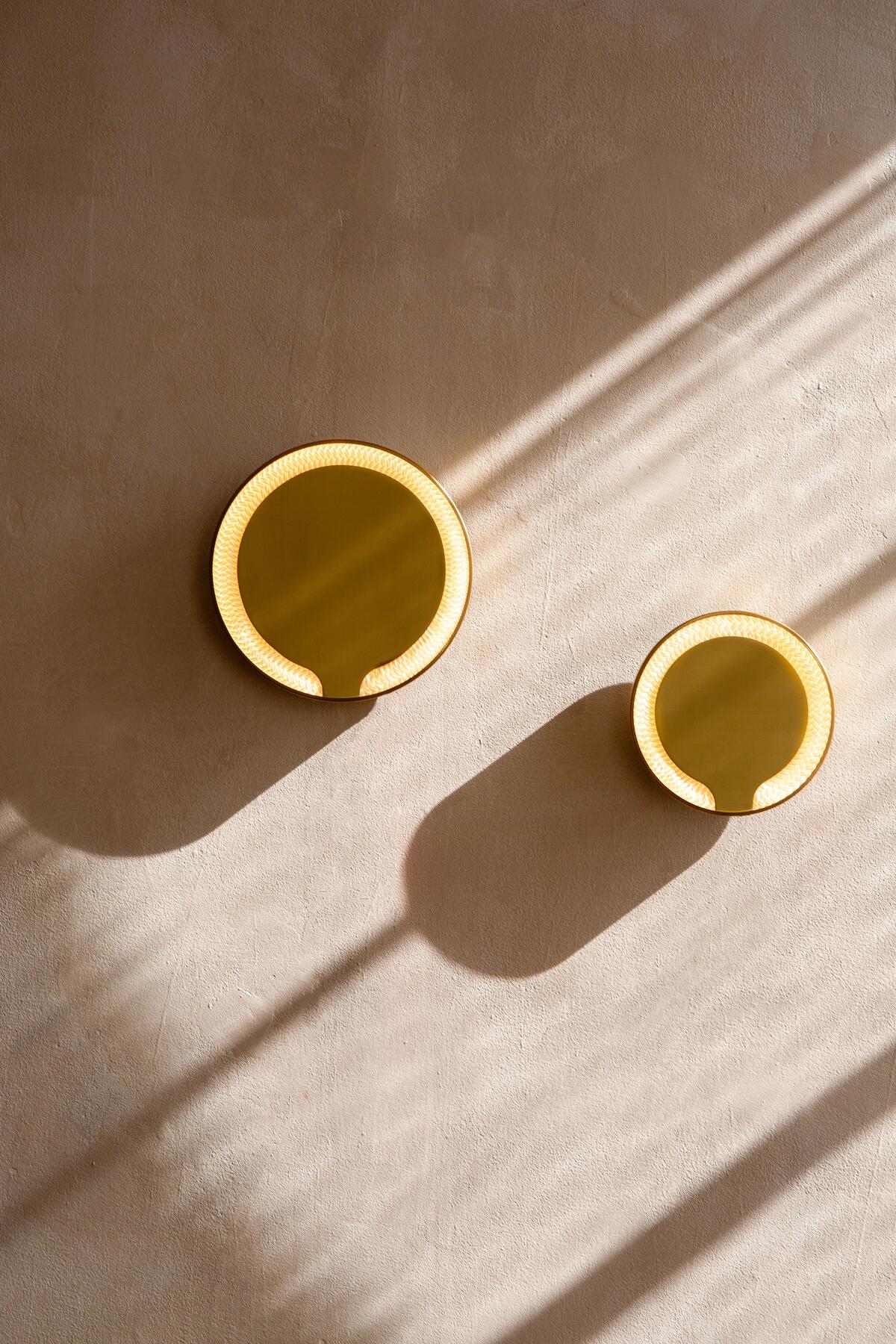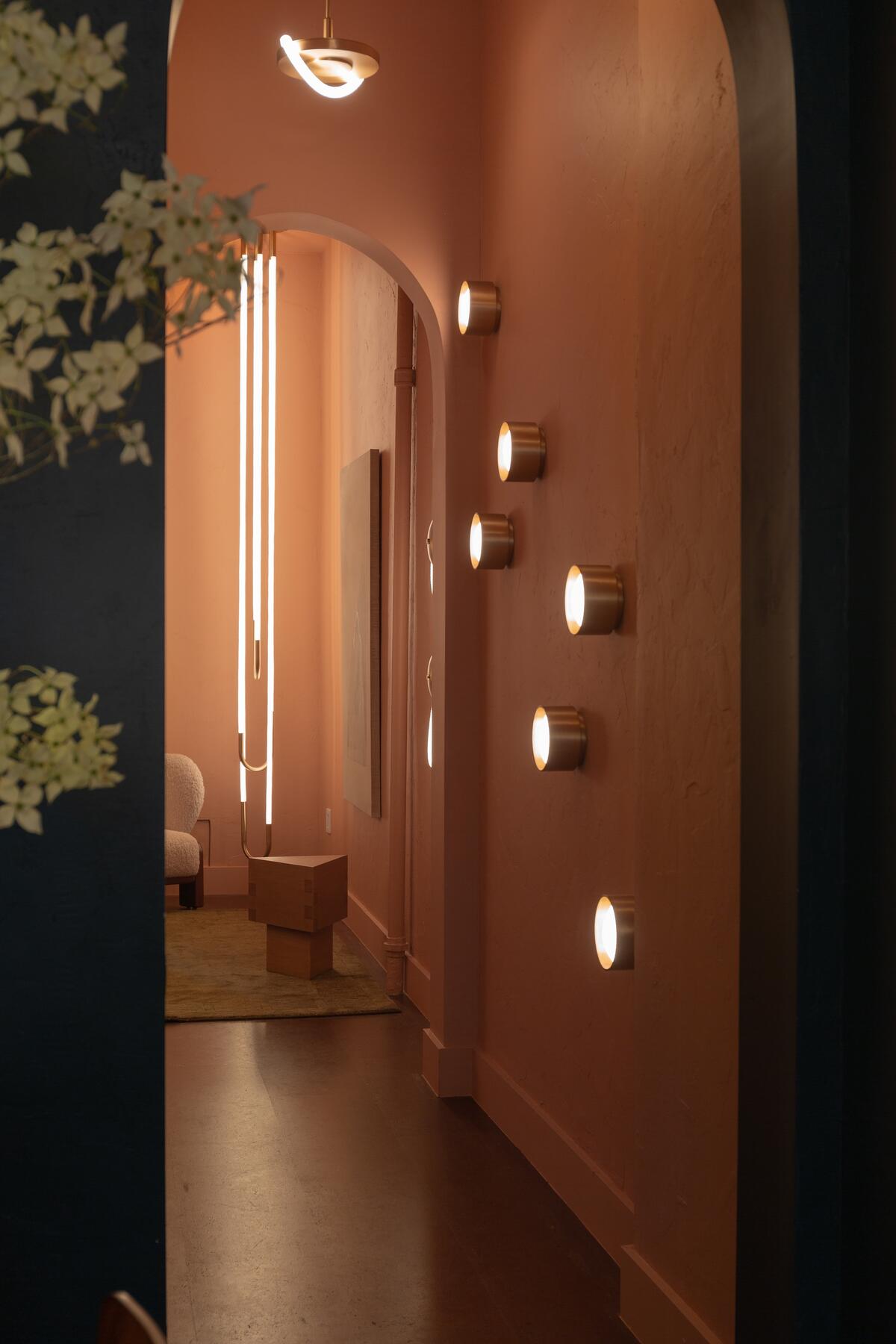Luke Kelly’s journey to lighting design was anything but conventional. Growing up in Westchester, New York, his only design background was an obsession with Legos. Kelly found himself going through a number of jobs—working on an ambulance, in a psychiatric hospital and lastly as a police officer—when a friend told him about his shop on a certain online creative-goods marketplace. “I was like, ‘Maybe I should start an Etsy shop.’ And I looked through Etsy and got the vibe of it at the time, which wasn’t a lot of rustic and industrial-looking stuff,” he tells Business of Home. “I was like, ‘I think I could probably do this,’ so I started finding random items and putting them together and making light fixtures.”

Kelly, who always had an entrepreneurial spirit and knew he would one day want his own business, officially launched his Etsy page in 2011 while still keeping his day job as a cop. “I was like, ‘What type of object should I make that I could sell and make a decent profit on?’ Because I had no space, I couldn’t make furniture—I was literally in a garage at my parents’ house—and I didn’t want to make wallets [because] everybody’s making wallets, shelves and key chains,” he recalls. “Light fixtures felt like this niche. I can make lights, I’m handy, and if I don’t know how to do something, give me 24 hours—I’ll learn how to do it.” What set him apart was prioritizing the photography (another passion of his) of the pieces, which at first were crafted from materials like wood, mason jars and whatever else he could find at Home Depot. Within a couple of months, the blog Design Sponge profiled Kelly, and his orders went through the roof.

Eventually, he was approached by a Canadian e-commerce site that represented independent makers, which had taken a small booth at the International Contemporary Furniture Fair for its brands. At this point, he was running his studio out of a small storage unit. “I was looking through the ICFF directory, Googling all of the vendors, and I’m like, ‘Oh shit, this is a really fancy show.’ If I bring Edison bulb lights in pieces of wood, it doesn’t feel appropriate for the level of the show,” he says. With two weeks to go, he tinkered with different materials until he had his (literal) lightbulb moment: crafting fixtures with rope. He made the prototypes just days before the show; they were designed from straight sections of rope, aluminum channels and LED lights—all purchased from a local hardware store. The collection debuted in May 2014 (he had to quickly craft a makeshift ceiling to hang the lights on because his booth didn’t have a top) and instantly became a crowd favorite. “It was astonishing. This kid at ICFF with basically no budget and essentially no company, and I just got so much attention,” he says. “That was when I knew this was going to be the business.”
In 2018, he quit his job in law enforcement to dive headfirst into what is now called Luke Lamp Co. Since then, he has moved to Manhattan, hired a team of 10 and opened his first showroom in Nolita—all while maintaining the original studio in Mamaroneck.

His latest collection, released last month, is inspired by his newfound love for the city. “It’s hard to explain to some people that New York is magic. I think it’s a completely different planet, and the design, the inspiration and the way it’s constantly changing,” he says. “I wanted to make lights here in the city, for the city. The types of fixtures that would end up being installed in my favorite cocktail bar or my favorite bathhouse or whatever. I wanted to see how I can channel New York into design.” He went back to his roots of experimenting with materials he got at a hardware store on Bowery, and decided to pivot away from his core design, large-scale rope installations. The result was a slew of statement-making, smaller flush-mount fixtures and pendants, perfect for petite urban spaces. The circular Bayview and Essex are crafted in satin brass and available as a pendant or sconce. “With the Mercer pendant and sconce, I pushed the limits of our material,” adds Kelly. “Typically it’s cylindrical, but in this case, I like the way we manipulate it. It appears to be flat, so it looks more textural, almost like a snake skin.”
He’s come a long way since his Etsy days in Westchester, and despite his success and continued growth, he loves exactly where he’s at. “With the studio, we have this magic,” says Kelly. “I was using the comparison of if you go to a small hole-in-the-wall bar or restaurant in the city, and you see the same bartender, you see the same owner, you see the same bouncer—it’s small, it has a vibe. They’re not trying to be anything that they’re not. If you like them, you’re gonna go there. If you don’t like them, you won’t go there. If you were to take that place and then franchise it, it would never work. You can’t copy and paste that type of magic, and at the level our company is right now with around 10 people, I can see us growing to maybe like 15 or 20. We have a magical little family, and we all have this very incredible dynamic with each other.”
To learn more about Luke Lamp Co., check out its website or Instagram.























.jpg?1754070170)





